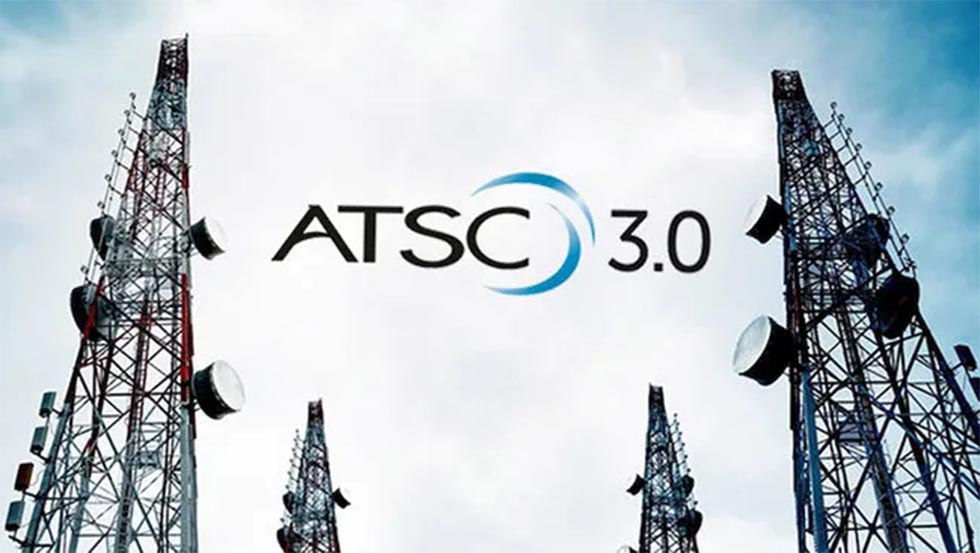FCC advances push on sharing TV band
The FCC advanced the drive permit for new, low-power devices to operate at locations where TV spectrum is unused Oct. 12 with the adoption of a First Report and Order and Further Notice of Proposed Rulemaking.
In the report and order, the commission decided that low-power devices could operate on TV channels in areas where those frequencies are not being used for TV or other incumbent licensed services. However, the action prohibits such devices from operating on TV channel 37, which is used for radio astronomy and medical telemetry, and channels 52 through 69, which will be used for public safety communications. Companies may begin selling the low-powered devices Feb. 18, 2009, the day after the cessation of analog television transmission.
The commission is seeking comment on several additional issues, including additional information to determine whether personal/portable devices can operate in the TV band without causing harmful interference and whether such devices should be allowed to operation on TV channels 2 through 4. The FCC also seeks comment on whether fixed low-power devices should be allowed on TV channels 14 through 20.
The commission also detailed proposals to facilitate a dynamic frequency selection (DFS) mechanism to ensure that TV band devices operate only on vacant TV channels.
The Association for Maximum Service Television (MSTV) is studying the FCC action, MSTV president David Donovan said. However, the group already has identified “an implicit admission” on the part of the commission that these low-power devices can cause an interference problem for incumbent frequency users, he said. “The fact that they restrict operation in certain bands (spectrums used for radio astronomy, medical telemetry and public safety communication) is a clear indication that unlicensed devices operating in the band are highly likely to cause interference,” he added.
As part of the FCC rulemaking notice, the commission also asked for comment on the desirability of requiring licensing devices that operate in the TV bands. Donovan welcomed the prospect.
For more information, visit: www.fcc.gov.
The professional video industry's #1 source for news, trends and product and tech information. Sign up below.
